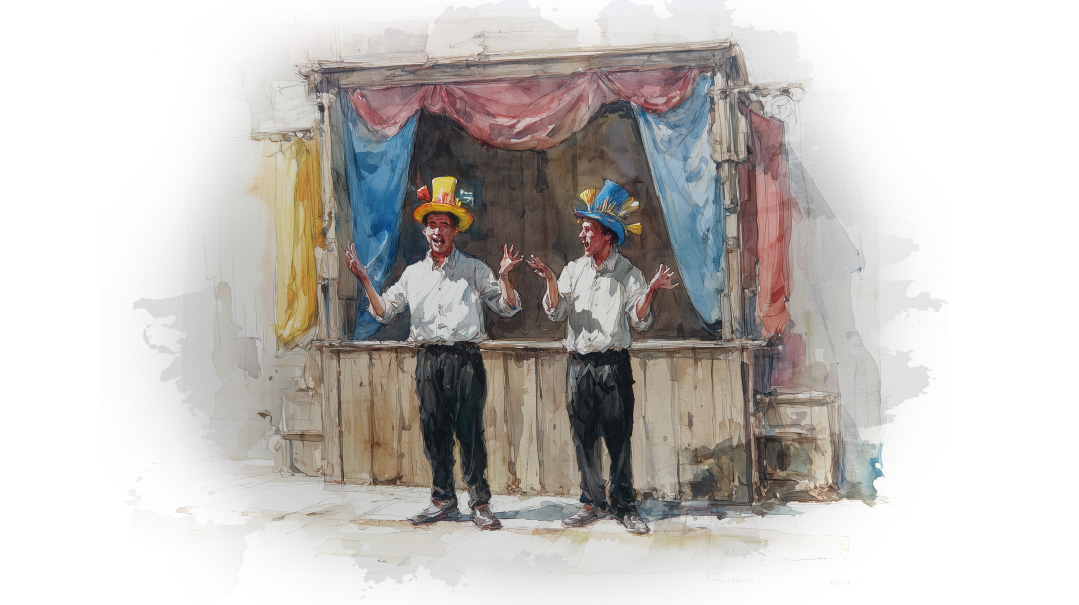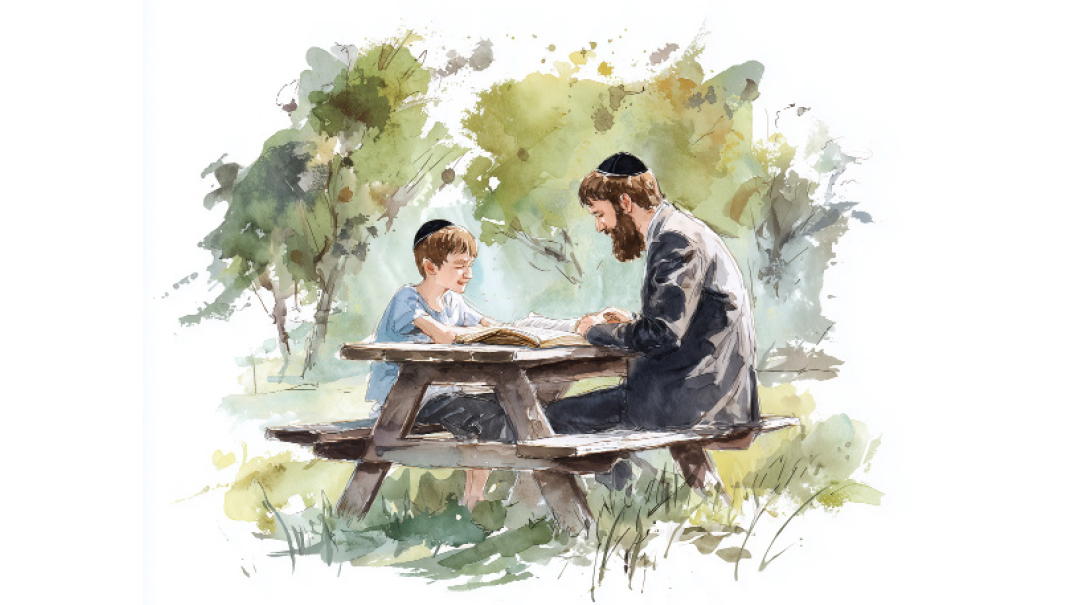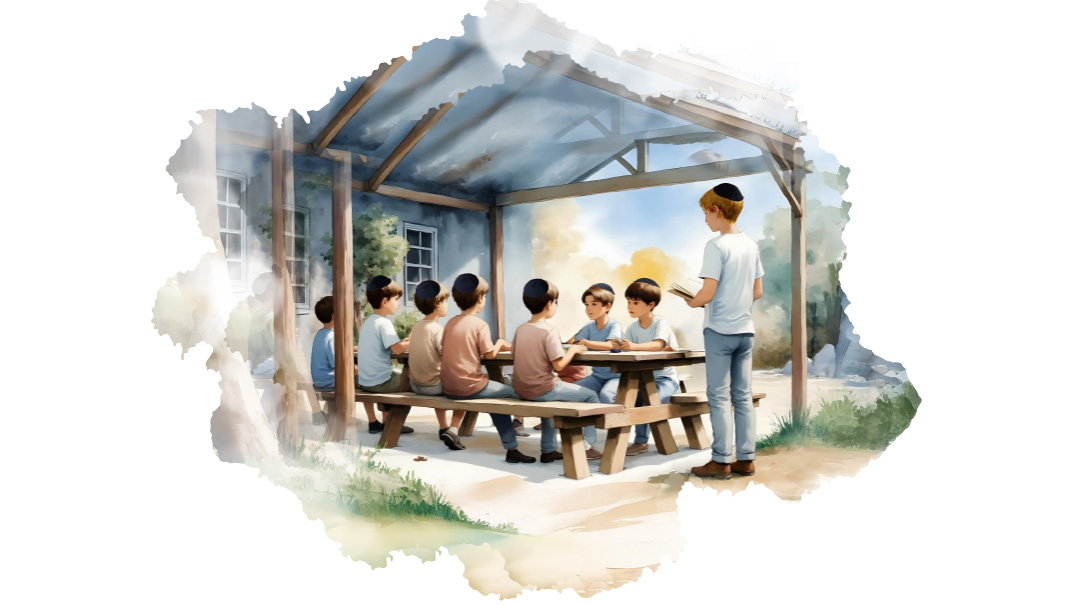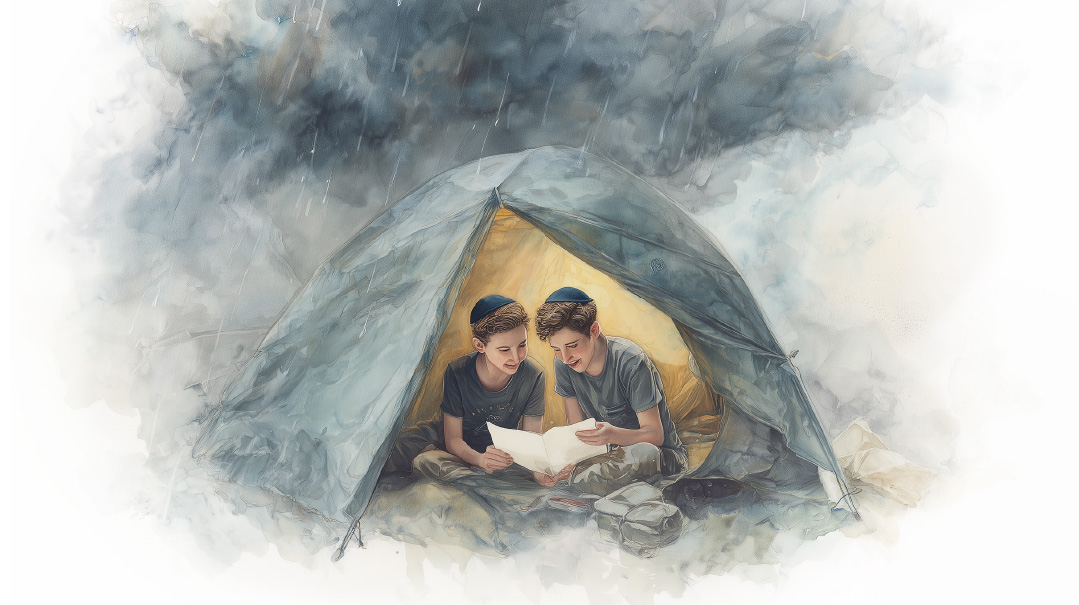When Tragedy Strikes
| July 8, 2025Lessons for life I learned on summer break
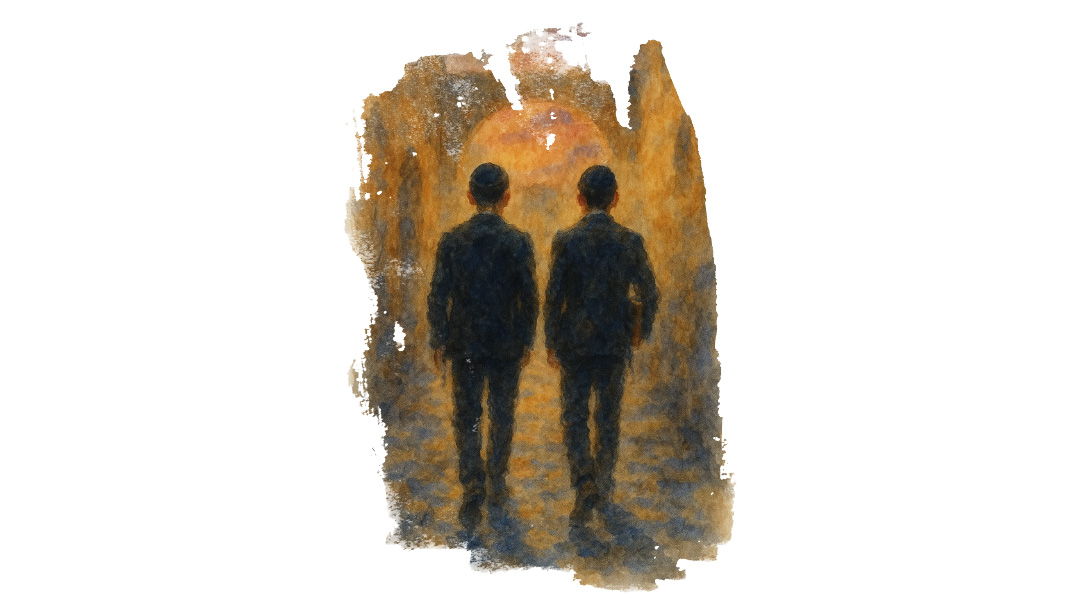
Experience: Neighbor to tragedy
Classroom setting: London, UK
What I learned: They hate us
I’d just arrived back in London on the red-eye flight. I’d spent August 2005 in the US attending a family wedding in New York followed by four weeks of camp in the wilds of Illinois. I pushed my suitcases along the endless walkways from Heathrow Airport’s Terminal 2 to Terminal 1, greeted my parents happily but tiredly, and then waved them off in the direction of Departures to Ben Gurion. It was hello and goodbye, because my sister in Yerushalayim was making a bris the next day.
At home in Golders Green, I made some kind of effort to unpack my camp stuff before succumbing to the teenaged script of just-dump-everything-in-the-hamper. I took a much-needed nap and then made my way with an overnight bag to my second home, my Savta’s apartment just around the corner.
Later that night, after being spoiled again with homecooked food — Savta’s soup and black bread with butter, pasta, perfect letcho, and cheese — I went to get ready for bed in the homey little guestroom with its soft beds and huge white feather pillows in monogrammed cases embroidered by Savta for her trousseau. The phone rang, and I picked up the cordless phone to my uncle, who’d called to say goodnight to Savta. When he heard my voice, he tried to be gentle, but the words came out bluntly.
“There’s been an attack in Eretz Yisrael. It’s someone you know.”
My heart lurched into my mouth.
“It’s the Mett boy.”
T
hat summer bein hazmanim evening, my neighbor, Shmuel Mett, Hashem yikom damo, childhood playmate of my brother and son of my parents’ close friends, had been walking home with a friend after davening at the Kosel. They were still in the Old City when an Arab ran up behind them on silent feet and stabbed him to death.
He was 21 at the time — just three years older than me.
I’d spent time reading and playing in the Mett house as a kid, getting his mother’s help with my drawing projects. Shmuel himself had left his home on our quiet street with its neat hedges and hydrangea bushes to learn avidly in yeshivah; I’d barely seen him in the past few years. But our families were close, so I knew he was now a young chassan learning in the Mir, engaged to a local girl. Just a couple nights before, he’d been schmoozing with my brother in his dirah as they tried on his new spodik for his chasunah.
The news of his murder seemed false in its suddenness, an impossible blow from an invisible Hand penetrating my jet-lagged mind. I remember leaving Savta’s house the next morning and walking home in a daze of grief and shock. The street looked deserted, laden rosebushes waving, but almost empty of neighbors; most Jewish families were still away on vacation.
I let myself into our house. Soon, motorcycles purred up and the doorbell began to ring. Reporters from the Telegraph, the Independent, and the Evening Standard flashed ID at me through our opaque glass, asking if we knew the murdered student, if I had any pictures of him. I can’t remember if I answered, what I said. The tears and the disbelief made it all a blur. How strange, though, that a black-hatted chassidishe bochur with peyos would be on the cover of the very cosmopolitan London newspapers.
In Yerushalayim, the loudspeakers and signs announced his passing with an elevated term I’d barely heard in our generation: a “kadosh.” The next morning, my parents went to their new grandson’s bris, then joined their friends at their son’s levayah from Yeshivas Mir to Har Hamenuchos.
My older brother was scheduled to move back to the UK from Eretz Yisrael that summer; his flight was that same day. I’d been looking forward to his arrival with my three little nieces and baby nephew. But when he stepped out of the taxi that drizzly day, he didn’t even say hello. He was concerned only about whether the slightly delayed kevurah had occurred, because he’d been out of touch while traveling.
“Has the levayah been yet?” he greeted me.
A
ugust passed, and people returned from vacation to their Golders Green shuls and routines. The shock and pain rippled through the community, then quietened slowly over time. But that summer 20 years ago will always be the time our suburban street was touched with the fingers of tragedy and hate, when an Arab terrorist in Yerushalayim shattered the life of a family close to me.
Still now, when I visit Eretz Yisrael, I cannot walk back from the Kosel without thinking of the darkening of that summer, eventful weeks of self-discovery and new experiences, and a homecoming intertwined with the shock of a devastating tragedy, when the stabbing of a sweet, holy, innocent young chassan ripped a hole in the lives of his family and circle of friends — one of the jagged, seething holes we are destined to suffer from until Mashiach comes to bring us home.
Riki Goldstein is a pen name for a teacher, freelance writer, and columnist at Mishpacha magazine.
(Originally featured in Mishpacha, Issue 1069)
Oops! We could not locate your form.

